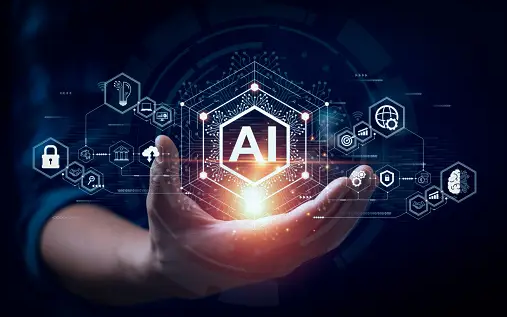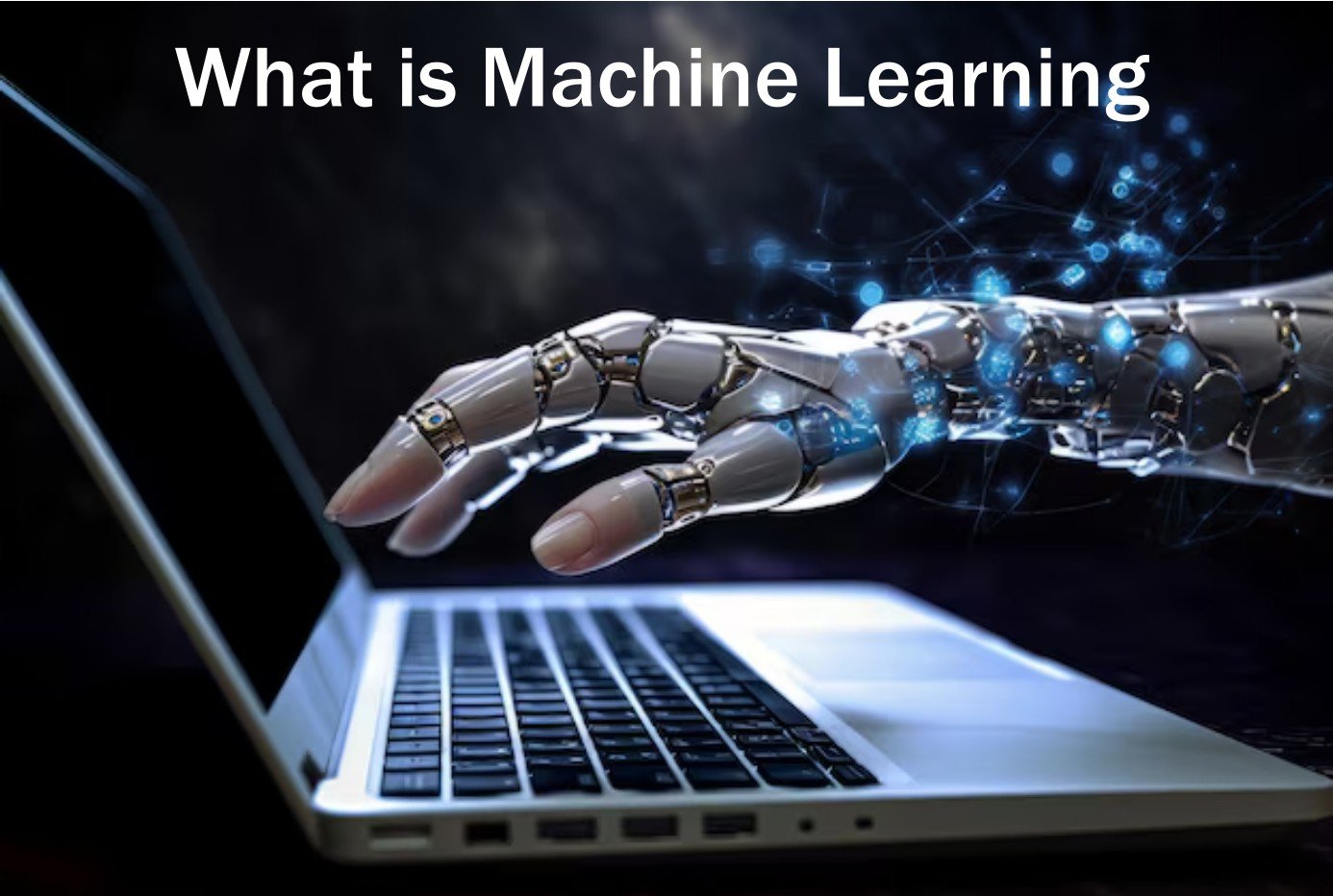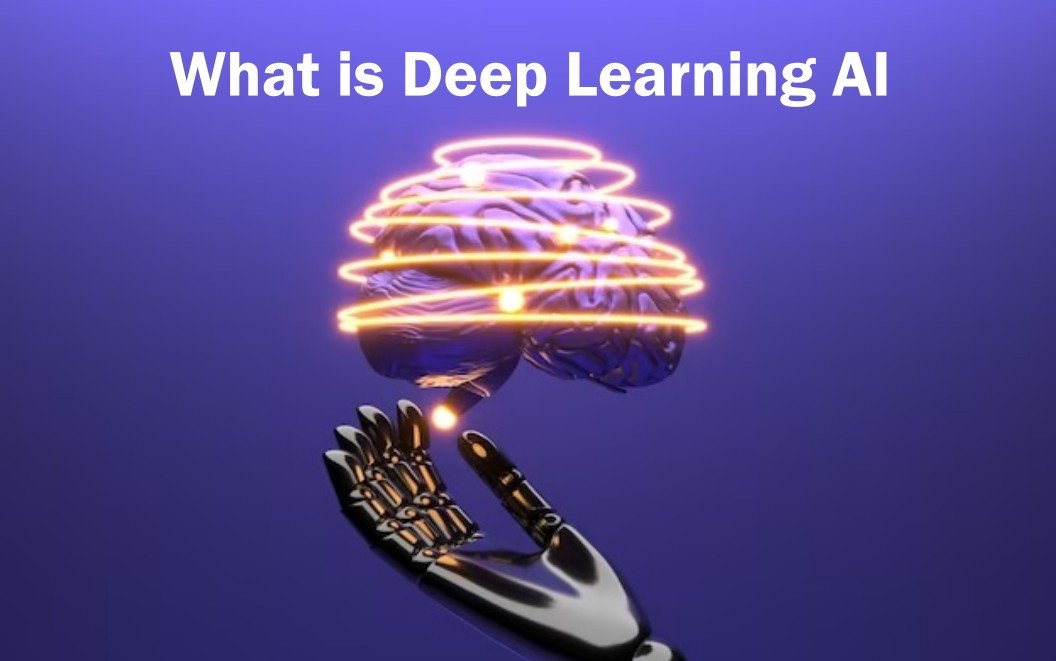Expanding Benefits of Automation with AI in the sector of Insurance

Credit - Unsplash
Examine the evolution of automation in the insurance sector, from basic robotic process automation (RPA) to the integration of advanced AI. Explore how the shift in operational costs and workforce dynamics has led to a paradigm shift, with automation now focused on elevating customer journeys and achieving cost efficiency through human-AI collaboration.
In the perpetually evolving digital era, it is no surprise that every industry is drastically undergoing significant change. The insurance sector is not an exception & is undergoing a revolution in the present times.
Artificial intelligence (AI) and automation are no longer distant dreams. They are very much present and tremendously altering insurers' customer interactions & operations. In this post, let us shed some light on how these modern technologies are drastically reshaping the landscape of insurance and what lies next in the future.
Transforming from basic automation to the evolved AI synergy
Before 2018, automation was usually interpreted as a tool dominated by robotic process automation (RPA) aimed at automatically managing distinct and isolated tasks. As per Nguyen, automation in the sector of insurance appeared like a kind of tool where each problem seemed like a nail to its hammer. This description captures the initial phase, mainly works in the bottom-up methodology, and prioritizes those basic tasks.
However, a significant disruptive change has been noticed in the year 2022. The skyrocketing operational costs driven by unprecedented workforce shifts & the year of great resignation brought a paradigm shift. The insurance industry is harnessing automation for dual purposes - elevating the customer journey and driving cost efficiency. The modest goals of efficiency were once 8-12%. The same has now scaled to as high as 15-20%. This fact very well focuses on the collaboration of humans and AI in making strategic decisions.
Also Read -
Empowering efficiency & growth with the integration of AI
The automation journey of USI Insurance Services in the US started in the year 2019. They started with standard automation, automating the repetitive accounting functions. In the process, they steadily scaled up automation and eventually embraced AI to streamline their operations.
When they faced specific challenges like increased staff turnover during the Great Resignation, they leveraged AI-empowered automation and observed a profound shift in the new outcomes. They received immense value from automating several functions like underwriting the data entry and automating direct bill commissions.
The most notable achievements include the following:
- Deploying machine learning & AI in insurance to interpret different templates from various carriers for the purpose of direct bill commissions. This saved over a million dollars every year.
- Fully automating those intricate underwriting of the data entry. This ensured real-time client application updates.
- Streamlining as well as automating the remittance email processes. This freed up 800 hours every year.
From adopting to expanding
Let us take the example of the journey of Hub International in undertaking AI automation and how it has helped it grow considerably. The initial phase of the trip involved taking baby steps by adopting specific basic automation procedures in accounting. This was a critical stage not just in terms of operational tweaks but also helped secure certain vital investments required to execute their plans and take them to the next level.
Once the financial support was in place, Nguyen's team decided to scale up this particular program. The focus of the same was not merely to increase the overall volume of automated tasks, but this was also to diversify the various functions that were being automated. Eventually, they expanded beyond the accounting area and started weaving automation into multiple business departments and functions within the company.
While summarizing this transformation, Nguyen remarked that automation began as just a tool for them and was majorly an intended mechanism for streamlining repetitive tasks. However, within a concise period, the role of automation has grown phenomenally. This has now become a catalyst and enabler that empowers us to achieve more than what was expected from it initially. Their relationship with automation has considerably matured to a certain point where they see themselves evolving with a very powerful resource for the tremendous growth of their business.
Nguyen & his team added that their journey towards automation was not merely automating repetitive manual labor. Their overall vision is something more ambitious. They are more interested in the capability of AI and automation to refine decision-making processes within a business organization. For instance, sophisticated algorithms can analyze massive datasets well to offer specific insights. These insights previously used to be very complex & time-consuming if they had to be obtained manually. This depth of analytics has proved to be a major game-changer in the process of strategic planning as well as in gaining operational efficiencies.
Also, the team is focusing very readily on reducing the existing workflows' overall complexity, specifically in high-stakes and intricate areas like brokerage. Here, automation has mightily proved to be helpful and an incredible solution for handling large data sets very efficiently and quickly, especially those concerning the management of broker information. This has also proved to be an invaluable asset during mergers & acquisitions. By automating data integrating processes and due diligence, the company can now make more informed choices more efficiently and quickly. These have helped the company gain the much-desired competitive edge in today's fast-paced world where mergers & acquisitions have become very commonplace.
Also Read -
Automation empowered by AI has become the latest norm
Whether it is just streamlining routine duties like handling intricate tasks or merely sending remittance emails, it has become obvious that AI and automation have transitioned from being optimal add-ons to becoming the most indispensable components required in insurance operations.
As the insurance sector propels forward, adopting & mastering these specific transformative technologies like AI in insurance will dictate success and survival. The insights that the leading industry experts are sharing very well reiterate the magnitude & overall urgency of this particular digital transformation.








